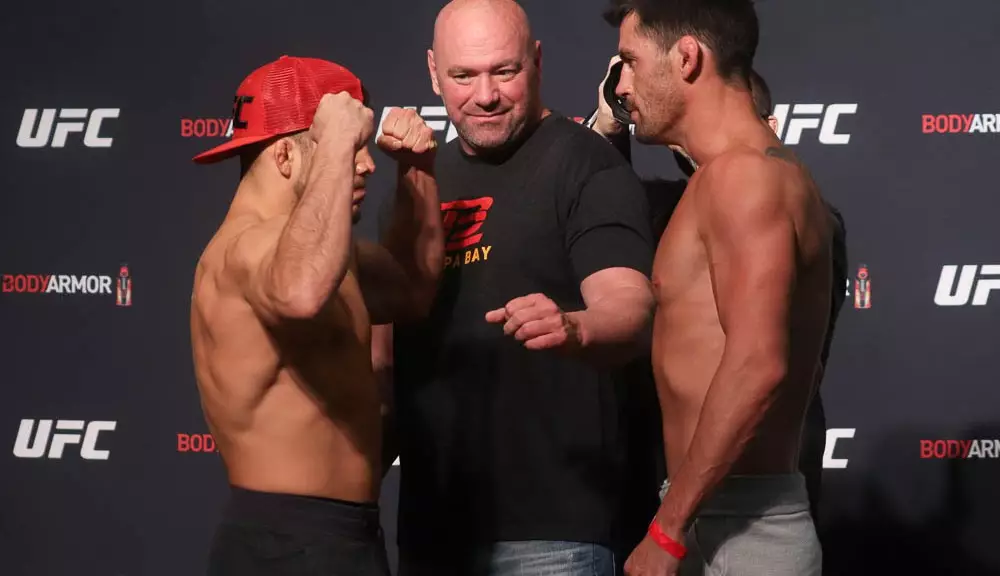Dominick Cruz’s retirement from mixed martial arts (MMA) comes as a significant moment in the sport, particularly for the bantamweight division. His decision to step back from fighting, catalyzed by a chronic shoulder injury that hindered his performance, reveals the often unspoken battles athletes face outside the ring. Persistent injuries plagued Cruz’s career, leading to multiple long layoffs and ultimately shaping the narrative of his legacy. While some fighters are able to glide through their careers with relative health, Cruz’s journey has exemplified the harsh realities of combat sports, making his achievements and resilience all the more remarkable.
Henry Cejudo, a fellow competitor and former champion, offered insights into Cruz’s struggles during media engagements leading up to UFC Fight Night 252. In analyzing Cruz’s career trajectory, Cejudo compared him to Khabib Nurmagomedov, who also faced adversity but overcame it through adaptation and determination. While Cejudo recognizes the merits of Cruz’s contributions to elevating the lighter weight classes, he posits that Cruz may not have fully capitalized on the strategies required to maintain longevity in a physically demanding sport. This perspective opens up a broader discussion on the importance of understanding one’s body and making necessary adjustments, a skill that seems integral to sustained success.
Despite the physical setbacks, Cruz’s legacy transcends the statistics of his record (24-4 MMA, 7-3 UFC). He played a pivotal role in shining a spotlight on the bantamweight and lighter weight divisions. Cruz’s dynamic fighting style, characterized by speed, precision, and unorthodox movement, altered how the sport is perceived, paving the way for future generations of fighters like Cejudo himself. His memorable battles against noteworthy opponents, including Urijah Faber and Cody Garbrandt, ignited fan interest and expanded the appeal of the bantamweight category, fostering a vibrant competitive atmosphere.
Interestingly, Cejudo’s reflections also touch on the unresolved tension that exists between him and Cruz, stemming from their title fight at UFC 249 in May 2020. Their rivalry, marked by competitive spirit and personal animosity, remains a point of contention even after Cruz’s retirement. Cejudo’s acknowledgment of this unfinished business underscores the emotional complexity inherent in professional fighting, illustrating that contenders often leave unresolved narratives behind, which might linger long after they exit the octagon.
As Cruz exits the competitive arena, one must ponder what the future holds for him. His extensive experience and knowledge could provide a valuable asset in coaching or mentoring upcoming fighters, potentially allowing him to shape the next wave of talent. Moreover, as MMA continues to evolve, Cruz’s insights could be instrumental in advising fighters on the adjustments necessary for overcoming injury, thereby contributing to a more resilient generation of athletes. Thus, while Cruz may be stepping away from competition, his influence is likely to remain palpable in the world of mixed martial arts.

